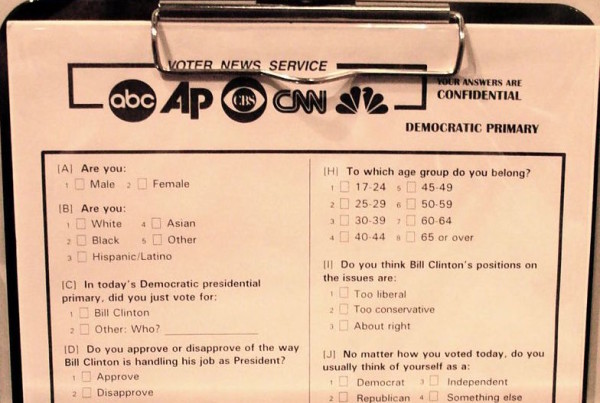This is an abridged version of a commentary that originally appeared on Houston Chronicle.
For years Volkswagen issued reports claiming that the company’s record for ethics and sustainability were exemplary. Then, the world learned that the company was cheating on emission tests.
British Petroleum changed its name to BP in 1998 and soon began promoting itself as moving Beyond Petroleum. Then the Deepwater Horizon exploded in the Gulf of Mexico, and Texas and the world learned how the company prioritized profits over safety.
Volkswagen and BP were trying to win customers by joining the 93 percent of Fortune 250 companies that report how well they treat the environment through corporate social responsibility reports. They promised that they cared about our community and our future. But too often, these reports are nothing more than public relations exercises with little substance.
Volkswagen’s deception gives cynics another reason to guffaw at the idea of mega-corporations balancing profit-making with protecting the environment. But that shouldn’t stop us from demanding that corporations respect the social contract, that they will provide goods and services in a way that doesn’t come with societal costs.
Unfortunately, the world of corporate social responsibility is filled with bewildering acronyms and competing standards promoted by wild-eyed do-gooders or dissembling hucksters. Since all reporting is voluntary, there are no universal standards, and often only the most flattering data make it into company news releases.
Corporations pick and choose which standards they want to comply with, and they always choose the one that makes them look best.
Investors should demand better. There is growing evidence that companies that respect environmental laws and society’s expectations can generate more profits.
The reason should be obvious: Waste and pollution increase costs and risks, while efficiency and cleanliness improve profitability. Consumers, especially younger ones, also find responsible companies more appealing. That explains Volkswagen’s and BP’s marketing campaigns.
A movement is underway to require corporations to report their attempts to minimize environmental impacts in a more transparent and meaningful way.
One effort is the Sustainability Accounting Standards Board. It’s a non-profit backed by former New York Mayor Michael Bloomberg. The group is drafting methods for measuring how well companies manage sustainability in 80 industries.
The guiding principle is that sustainability is important to investors trying to make informed decisions. Once the board finalizes the standards, the hope is the SEC will require corporations to include them in annual reposts known as 10-Ks.
This would be a huge help to all investors who want to compare corporations and decide which management teams are thinking about the long term, not just next quarter’s profits. Corporations should also welcome a level playing field that compares apples to apples.
Texans are known for their commitment to free markets with few regulations, but they also expect companies to say what they mean and back their words with action. Freedom comes with accountability.
More information is always better than less, so creating these standards can’t happen fast enough.















